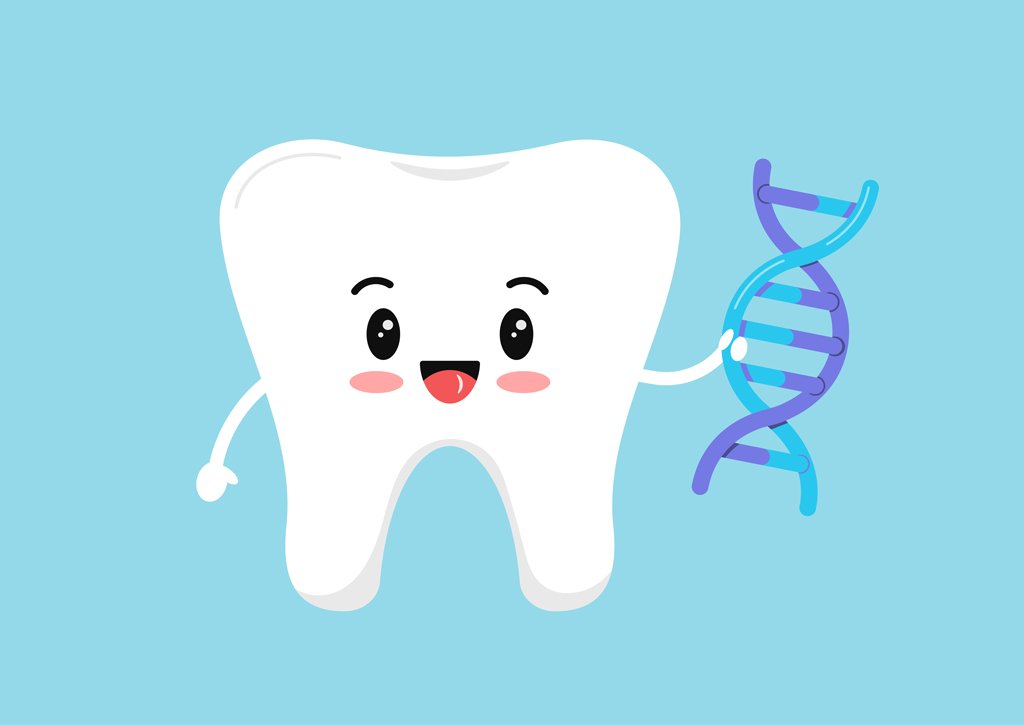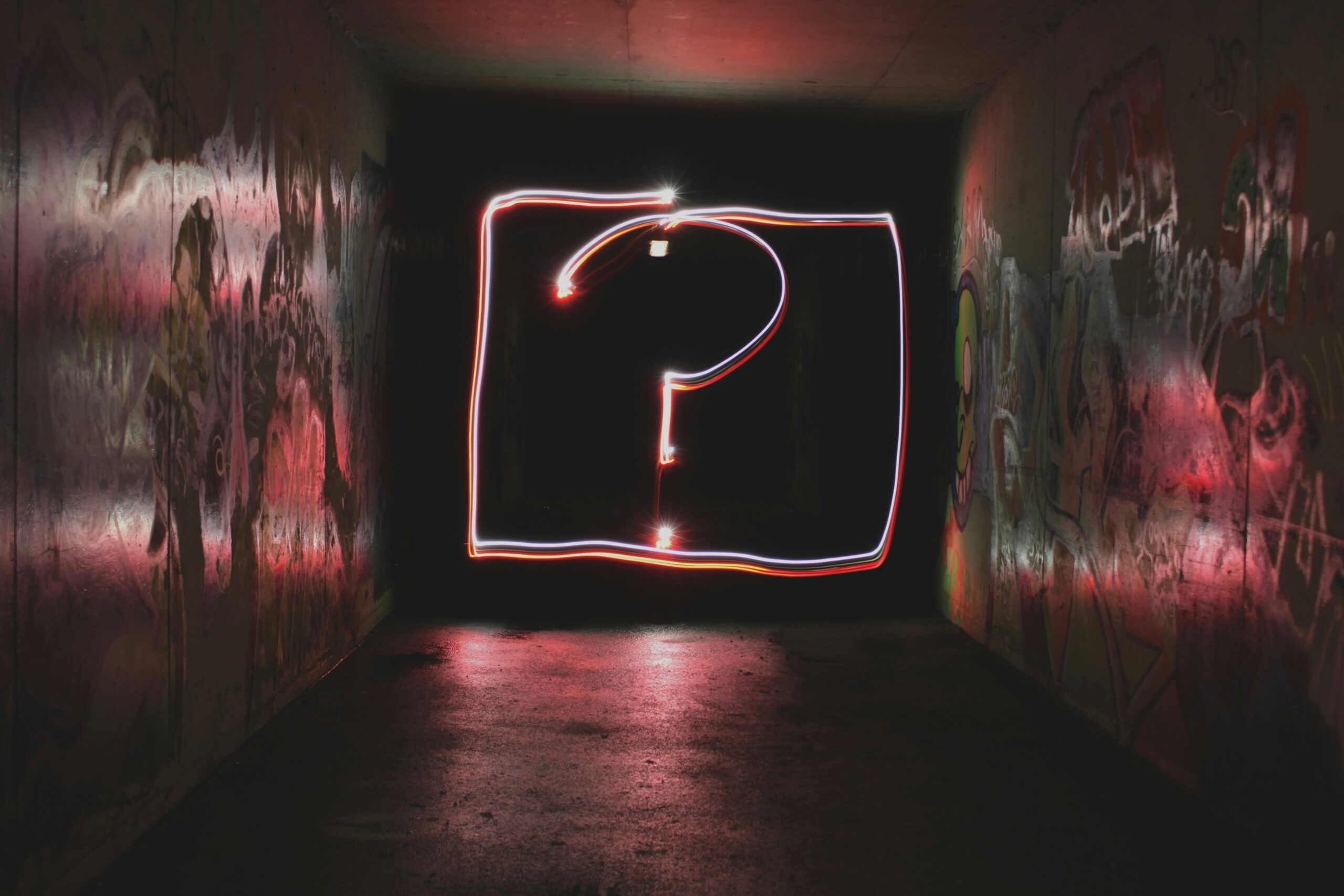
New research indicates that your morning cup of coffee or tea can indeed boost your mood, but the timing, social context, and individual characteristics play a significant role in how effective this boost can be. This study, published in the journal Scientific Reports, delves into the intricate relationship between caffeine consumption and emotional states in everyday life.
Researchers found that caffeine intake generally leads to a small-to-moderate increase in positive emotions, especially when consumed within the first 2.5 hours after waking. A smaller yet significant mood uplift was noticed around 10–12.5 hours after waking. However, the social context and levels of tiredness significantly influenced these associations.
The Science Behind Caffeine’s Mood-Boosting Effects
Caffeine is a widely consumed stimulant known for enhancing mood, performance, and alertness. It works by blocking adenosine, a brain chemical that promotes drowsiness. By doing so, caffeine increases the levels of noradrenaline and dopamine, neurotransmitters associated with mood enhancement.
These effects are typically strongest in the morning, a time when individuals are most susceptible to sleep inertia. However, caffeine can also induce anxiety or disrupt sleep, particularly in sensitive individuals or when consumed in large quantities or later in the day. The study aimed to explore how caffeine intake influences momentary emotional experiences, known as affect, and how this relationship is shaped by various factors including time of day, individual sleep quality, caffeine dependence, mental health, and social context.
Study Methodology and Participant Insights
The study utilized data from two experience sampling method (ESM) studies conducted in Germany. Participants, primarily young women aged 18–29, completed smartphone-based surveys multiple times a day over several weeks. They reported their caffeine consumption, mood, tiredness, sleep quality, social context, and daily routines.
In total, 115 participants from the first study and 121 from the second provided sufficient data. Multilevel models were used to analyze the correlation between caffeine intake and affective states, accounting for variables such as sleep duration and timing. The study’s findings primarily reflect the experiences of young women, given that 85-86% of the participants were female.
Key Findings and Contextual Influences
Across both studies, caffeine consumption was linked to higher momentary positive affect. This association was particularly strong for feelings of enthusiasm and, in the second study, happiness and contentment. Caffeine’s impact on negative affect was less consistent, with only a small reduction in feelings of sadness and upset noted in the second study.
The timing of caffeine consumption played a crucial role, with the most significant effects occurring within the first 2.5 hours after waking. Interestingly, individual differences such as caffeine dependency or mental health did not moderate the caffeine-affect relationship. However, momentary tiredness enhanced caffeine’s positive mood effects, while being in a social setting reduced them.
Implications and Future Directions
The study provides real-world evidence that caffeine enhances positive affect, particularly in the morning. This effect is likely due to caffeine’s ability to block adenosine receptors, reducing tiredness signals and increasing alert neurotransmitters like dopamine.
While the study highlights caffeine’s mood-enhancing potential, it also underscores the importance of context over individual traits. The findings suggest that habitual consumption patterns may contribute to these effects, though the withdrawal reversal hypothesis remains debated. The second study’s stronger results may be attributed to its larger sample size and fewer pandemic-related restrictions.
Despite its insights, the study has limitations, including reliance on self-reported data, a gender-skewed sample, and a lack of precise caffeine timing. Future research should explore the effects of first daily consumption, withdrawal symptoms, and objective circadian measures to provide a more comprehensive understanding of caffeine’s impact on mood.
In conclusion, caffeine is reliably linked to increased positive mood, especially in the morning, with its effects more influenced by situational factors than stable individual traits. As the world continues to embrace caffeine as a daily ritual, understanding its nuanced effects on mood remains essential.






